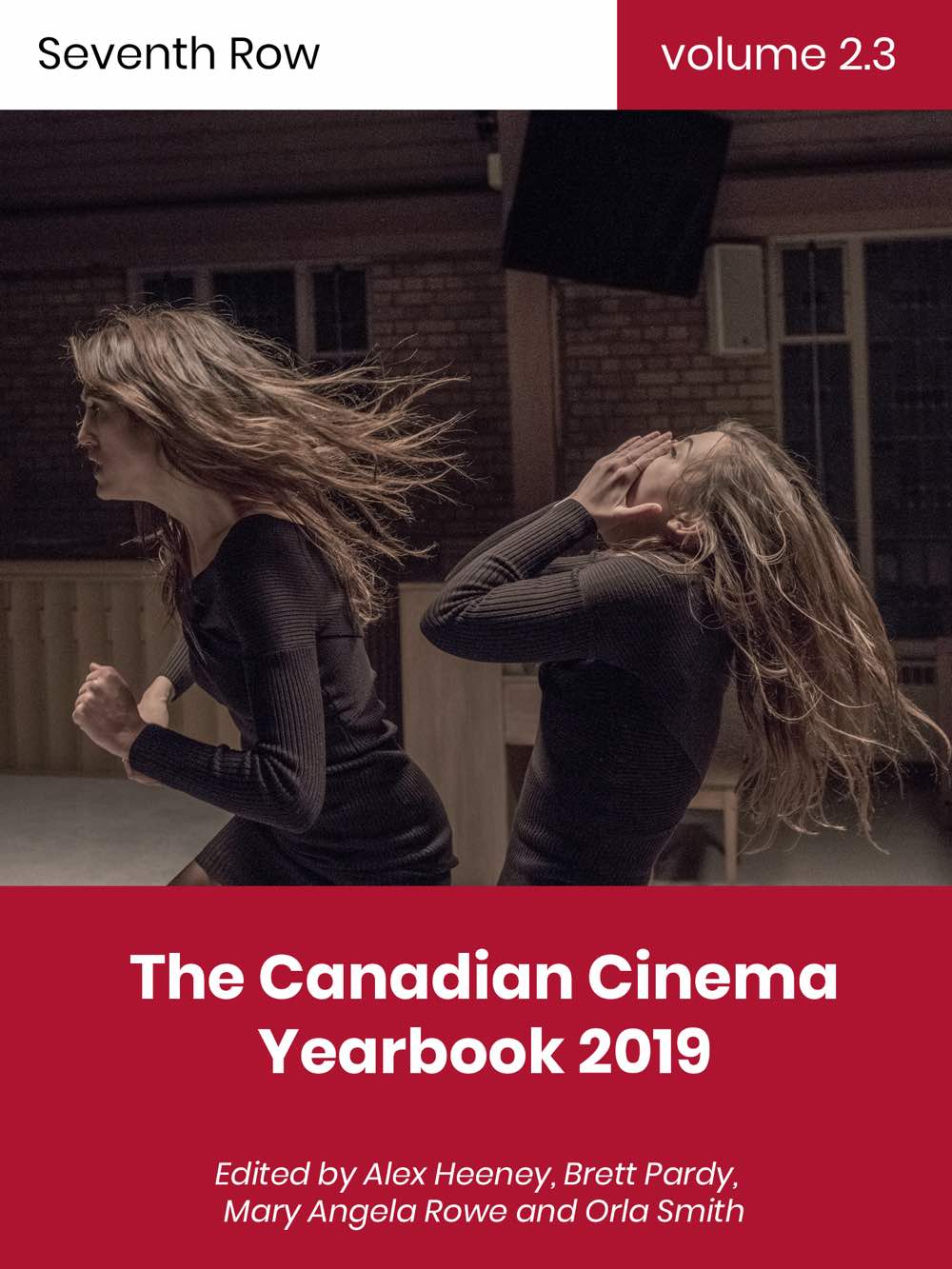Cinefranco featured must-see francophone films from Quebec and Europe, including Jeune Juliette, Un amour impossible, and In Safe Hands (Pupille).
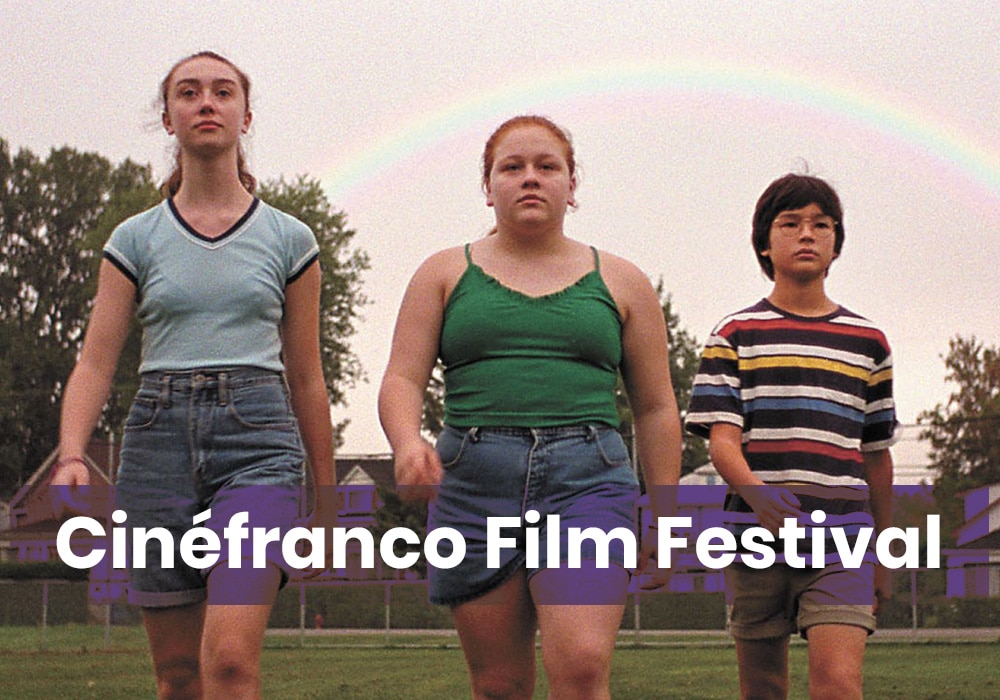
This year, Toronto’s annual celebration of francophone cinema, Cinéfranco, boasted a lineup of some of the best Québécois films of the year, and a mix of great and somewhat embarrassing, if successful, European films.
Three of our favourite films from TIFF19 screened at Cinéfranco, which opened with Kuessipan, an Innu coming-of-age story, and closed with Sophie Deraspe’s Antigone, Canada’s entry for Best International Film at the Oscars. The festival also featured Our Lady of the Nile, a heartbreaking look at the corruption of innocence as a precursor to the violence in Rwanda, which was another TIFF favourite.
Unjustly shut out of TIFF for absurd reasons (it had already been released in Quebec), Anne Émond’s wonderful Jeune Juliette finally came to Toronto thanks to Cinéfranco, and it was one of the must-see films of the festival.
The European films at Cinéfranco were more of a mixed bag. There was a strong selection of female-directed films including the adoption drama Pupille and the mother-daughter story Un amour impossible. The festival also screened films from major auteurs addressing dodgy subject matter: the Dardennes and André Techiné both tackled the rise of islamist extremism in France, but both felt undercooked and subtly racist, though the Dardennes was the better of the two. Similarly, crowd-pleasers like the comedy Venice n’est pas en Italie boasted that trademark French bigotry that seems to pervade so many contemporary French comedies. Still, despite these few misfires, Cinéfranco continues to be a must-attend festival with some excellent programming choices, if you can sort the gems from the skippable films.
Jeune Juliette (Anne Émond, 2019)
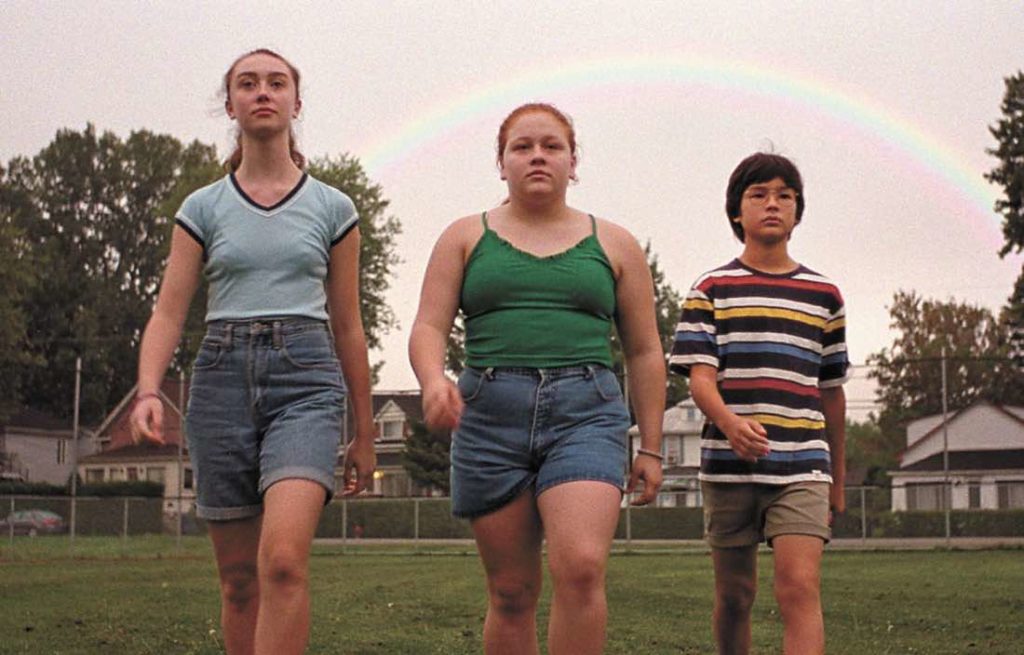
Anne Émond’s fourth feature, Jeune Juliette, is an absolutely delightful and body positive teen comedy about 14-year-old Juliette, a smart and savvy outsider who is coming to terms with her own identity and how people treat her because she is plump. The film is also unlike anything Émond has made so far — the verité style one-night romance, Nuit #1(2011); the heart-wrenching family drama about cycles of suicide, Our Loved Ones (2015), which was one of Seventh Row’s 50 favourite films of the decade); and the highly stylized and entirely unconventional biopic of novelist Nelly Arcan, Nelly (2016) — but is every bit as accomplished.
The film puts us inside Juliette’s headspace as she doesn’t just “hate the sport” but doesn’t even try in gym class, befriends and then alienates and then makes up with an autistic boy, deals with her best friend’s crush on her, and realises that the boy of her dreams is actually disappointing. Juliette makes some horrible but entirely relatable mistakes, but Émond keeps the film buoyant throughout with a rich colour palette and clipped pace.
Pupille (In Safe Hands) (Jeanne Henry, 2018)
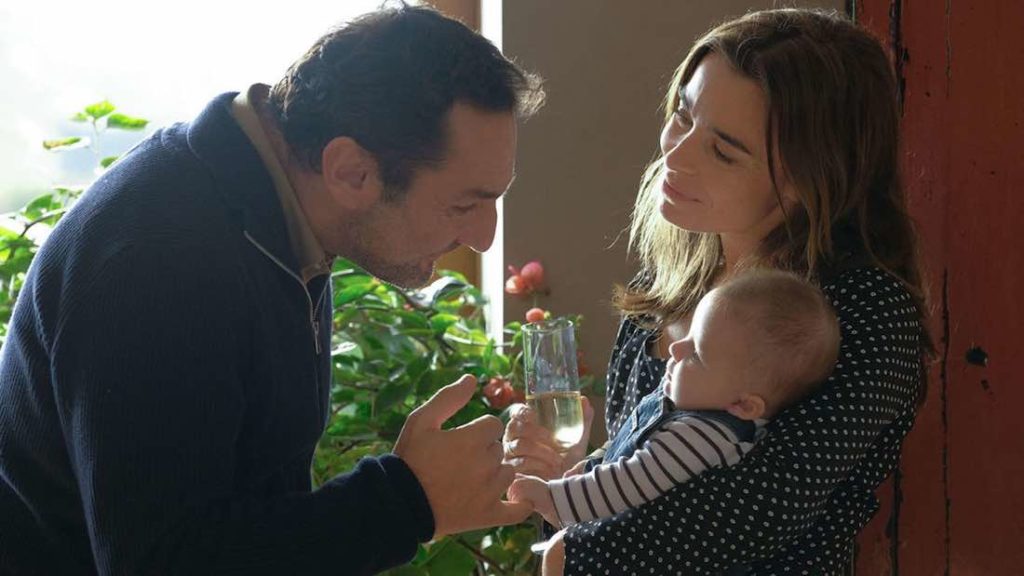
Jeanne Henry’s Pupille (In Safe Hands) offers a look inside the adoption system through the lens of multiple stakeholders, bringing humanity to an often invisible system: the birth mother giving up the child and the social worker who does the paperwork for her, the foster parents caring for the newborn and the social worker working with them, and the adoptive mother and her case worker. It is both a process movie and a deeply empathetic one, which shines a light on the often unseen labour behind the adoption process — and consequently, the many people who care for and love the abandoned newborn.
Henry fills the Pupille (In Safe Hands) with kind-hearted unconventional characters: the stay-at-home foster dad (Gilles Lelouche), his high-powered career-woman wife, and his divorcing case worker who has a crush on him (Sandrine Kiberlain), as well as the single mother-to-be (Élodie Bouchez) who keenly wants to become a mother, no matter the sacrifices. And in under two hours, we see them all grow and develop, as they become attached to (or detached from) the newborn, and we understand how this baby in search of a home has affected their lives (and been affected by them).
Un amour impossible (An Impossible Love) (Catherine Corsini, 2018)
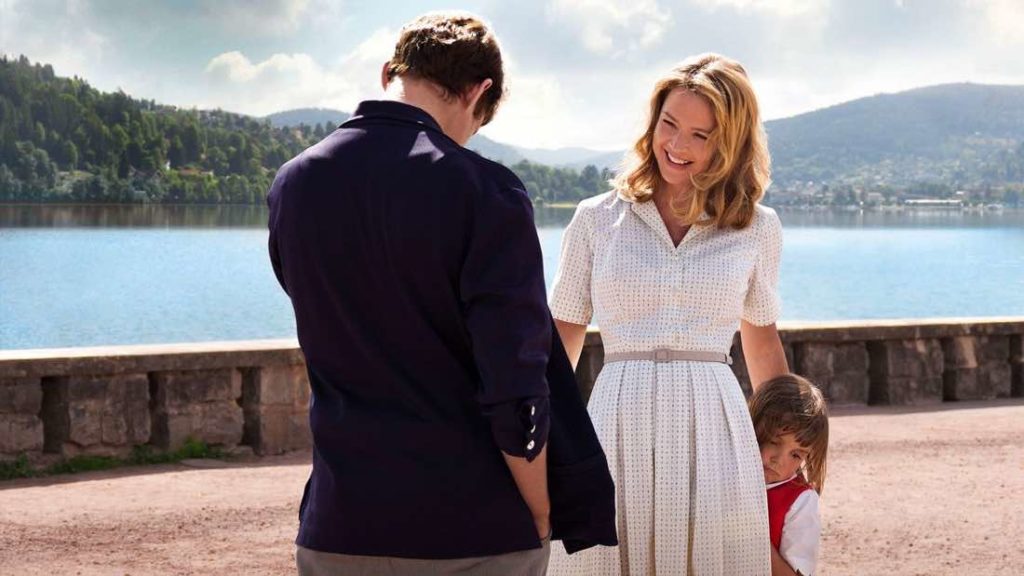
Catherine Corsini’s Un amour impossible is the story of a bad romance and the trauma it induces that reverberates through to the next generation. The film is told like a memoir narrated by Chantal, the daughter of Rachel (Virginie Efira) whose tumultuous relationship with Chantal’s father, and its effects on the mother-daughter relationship, is the subject of the film. We first meet Rachel as a working, unmarried 26-year-old in the 1950s, a smart woman with a Jewish heritage she feels no connection to, who is seen by others as approaching permanent spinsterhood.
When Rachel meets the worldly, charming, and multilingual Philippe (Niels Schneider), she falls for him because he opens up worlds of culture and sexual pleasure hitherto unknown to her. But he’s bad news, a cruel narcissist who asks Rachel to have a baby with him, and then immediately leaves her, refuses to take responsibility, and drops in and out of her life as he pleases.
Despite Philippe’s cruelty toward Rachel, she is insistent that he have a relationship with her daughter, though it’s unclear whether it’s because she really believes her daughter deserves to know her father, or if it’s an excuse to keep Philippe in her life — or both. Letting him in though proves disastrous, as his abuse serves to divide the women from each other for years, and the film is about how they cope with this and very slowly, decades later, find their way back to each other.
Un amour impossible is a tough watch, but oh, what a beautiful film. The period costumes are not only gorgeous but the textures are rendered with such precision you feel like you could reach out and touch them. Efira gives a captivating performance as a smart, independent, and admirable woman whose low self-esteem leads her to make poor choices that hurt both her daughter and herself. Set over about twenty years, Efira convincingly portrays Rachel throughout as a woman increasingly worn down by life and yet wholly dedicated to her daughter whom she worries no longer loves or likes her.
Corsini has a unique ability to put us inside her characters’ heads through her shot choices and editing. When Rachel goes on a roundabout ride with Philippe, the fluid camera motion movie star sweeps us up into the romance just as Rachel is. When Rachel is about to see Philippe and excited to see him, the cuts between scenes speed up, so we feel the same excitement and anticipation. And as Philippe becomes a completely destructive force rather than the salvation Rachel initially takes him for, the film slows down, the camera becomes more still, and we feel the loss of Chantal’s voice-over narration because mother and daughter have been divided.
Discover more great Québécois films
The last year was one of the best for Canadian cinema in history, featuring many great films from Quebec. Discover great québécois films through conversations with the filmmakers, guided by the Seventh Row editors in our inaugural annual book, The 2019 Canadian Cinema Yearbook.
